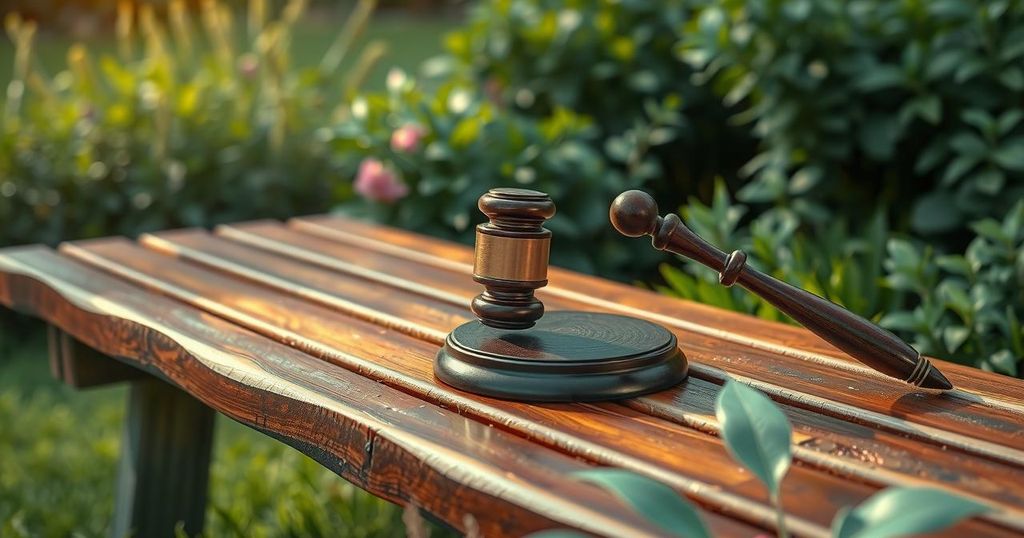Historic German Court Hearings Signal New Era for Climate Accountability

The Higher Regional Court of Hamm is currently reviewing a pivotal climate case against RWE initiated by Saúl Luciano Lliuya. The case may establish significant precedents for holding fossil fuel companies accountable for climate damage. Legal experts from CIEL express that this could mark a decisive point in climate litigation with a decision expected in April 2025.
This week, the Higher Regional Court of Hamm evaluated a landmark climate litigation case initiated by Peruvian farmer and mountain guide, Saúl Luciano Lliuya, against the German energy company RWE. This case highlights the principle that polluters are responsible for the damages they cause to the environment. A ruling on the case is anticipated on April 14, 2025, potentially influencing global standards on corporate accountability for climate change.
The proceedings have been marked by significant statements from key figures. CIEL’s Senior Attorney, Sebastien Duyck, described the hearing as a pivotal moment in holding large polluters accountable, stating that it represents a major shift in the accountability of fossil fuel corporations. Advocates are hopeful that the court will maintain its stance established in 2017, which deemed such cases viable before a court.
CIEL’s Climate & Energy Program Director, Nikki Reisch, emphasized the broader implications of the hearings. She indicated that they send a clear signal to similar cases globally, affirming that major polluters face legal consequences for their contributions to climate change. Reisch urged the fossil fuel industry’s stakeholders to recognize that climate accountability is inevitable and that they must reconsider their funding of activities harmful to the environment.
Since 2015, Lliuya has asserted that RWE’s contributions to climate change significantly affect his community in Huaraz, Peru, particularly concerning glacier melting and increased flood risks. He seeks to claim approximately $21,000 for necessary flood protection measures, correlating RWE’s greenhouse gas emissions (0.47% of global emissions) to these anticipated costs.
The case is historic as the Higher Regional Court previously ruled in 2017 that it was permissible for corporations to be held liable for climate-related damages, thus signaling a breakthrough in climate litigation.
The ongoing case in the Higher Regional Court of Hamm represents a historic advance in climate accountability, reinforcing the notion that fossil fuel companies can be held liable for their environmental impacts. The testimonies from CIEL attorneys underline a significant shift in legal precedents since the court previously recognized the admissibility of such cases in 2017. As the world anticipates the court’s decision, this case may set crucial precedents regarding climate litigation and accountability for polluters globally.
Original Source: www.ciel.org






